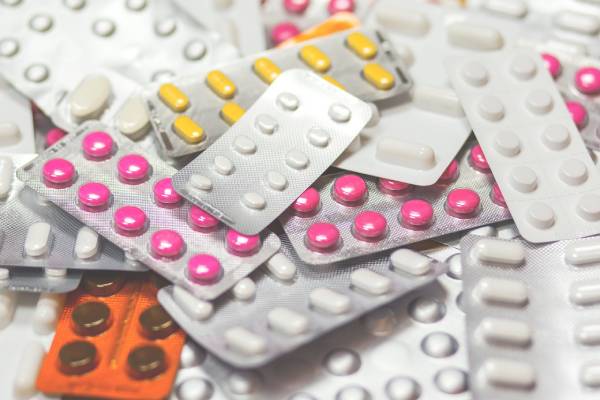
Johns Hopkins University has received a $1.5 million grant from the Department of Defense to help strengthen the U.S. prescription drug supply chain. Dr. Mariana Socal, an associate professor at the Johns Hopkins Bloomberg School of Public Health and the Carey Business School, is leading the project.
The goal is to avoid future drug shortages by closely examining how medications are made, where they come from, and how decisions are made about buying, investing, and regulations. The funding is part of a broader effort by the Department of Defense to ensure that essential medications remain available to both military and civilian populations.
“The pandemic laid bare the vulnerabilities in the U.S.’s public health system overall and the pharmaceutical drug supply chain in particular,” said Socal. “During the pandemic, there were significant disruptions in the manufacturing and distribution of a wide range of pharmaceuticals that are used to treat everything from cardiovascular diseases to viral infections, and others.”
The research team includes public health, medicine, and business experts at Johns Hopkins. They’ll build on a data dashboard the university developed in 2024 to track how prescription drugs move through the global supply chain. That tool brings together many sources of data to offer real-time insights into where drugs are made and how they get to U.S. pharmacies.
“These efforts are needed to fully understand the strengths and vulnerabilities of the complicated and interconnected pharmaceutical supply chains,” said Socal. “Millions of Americans—including vulnerable populations like children and older adults—depend on prescription drugs to survive. We must do everything possible to protect their health and quality of life by preventing drug shortages and increasing supply transparency to prevent disruptions.”
The grant will also support a new partnership with the National Academies of Sciences, Engineering, and Medicine. A public workshop is planned for October 2025 at the Johns Hopkins Bloomberg Center in Washington, DC. The event will bring together government officials, industry leaders, and public health experts to talk about how to support the drug supply chain through smarter production, investment, and oversight.